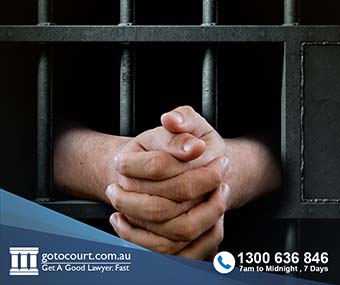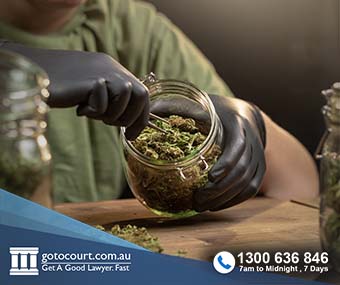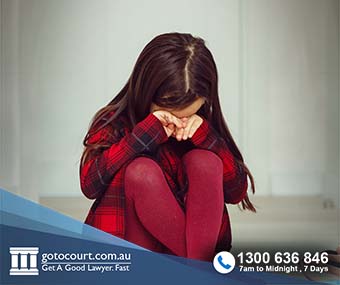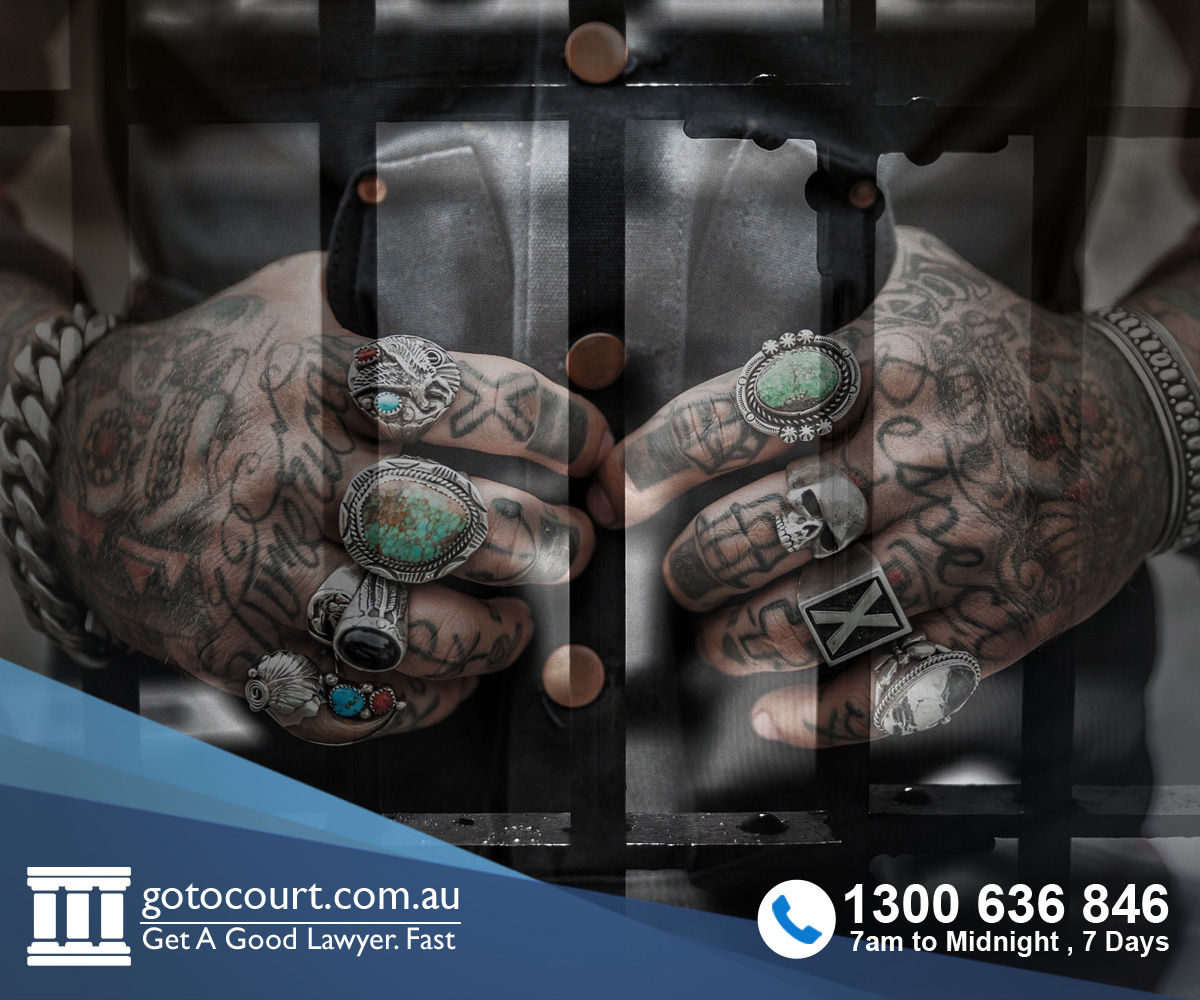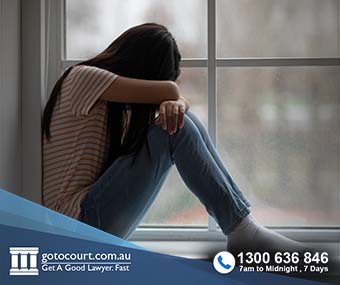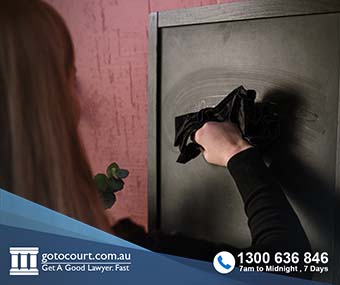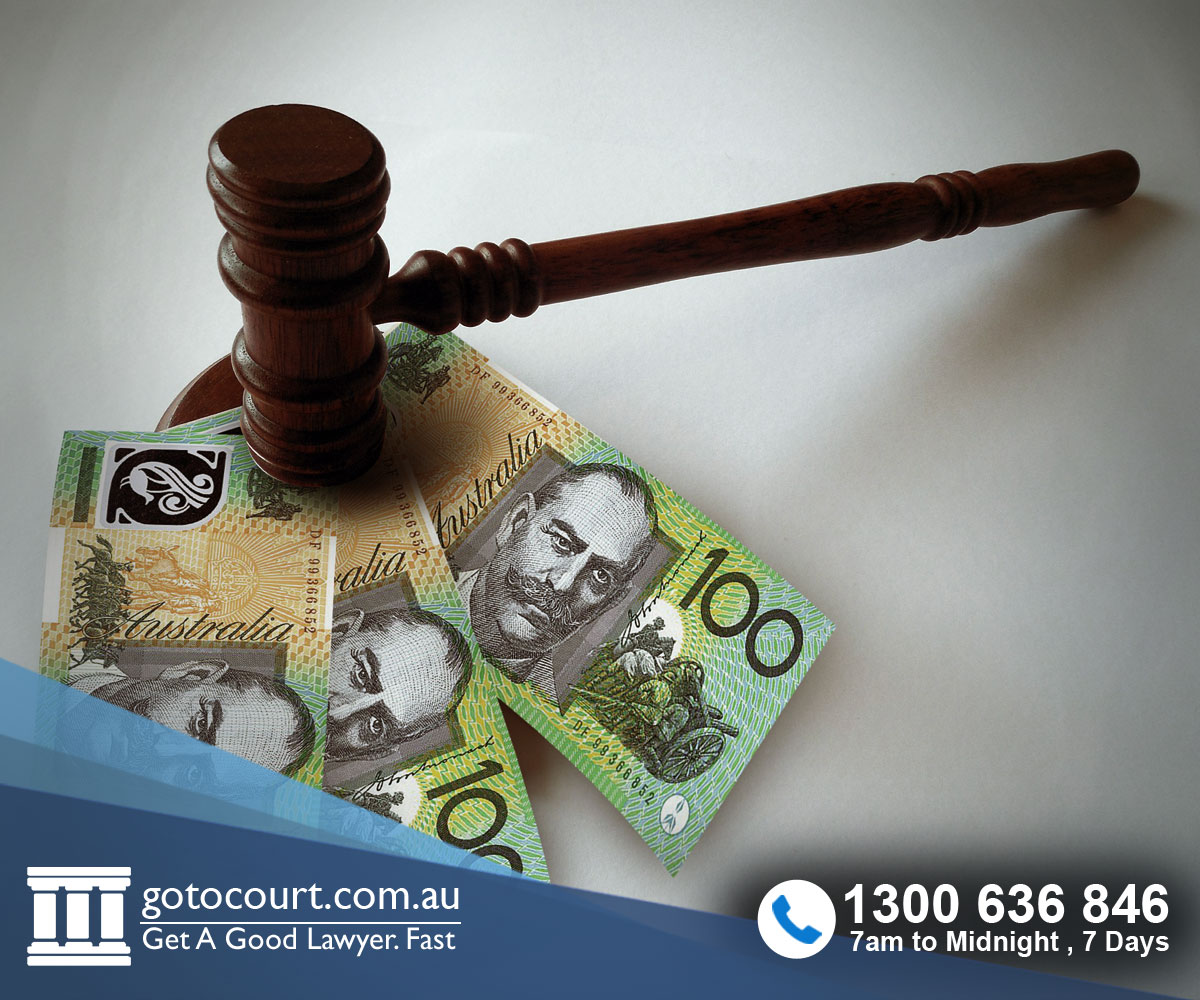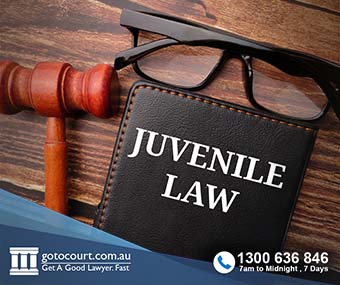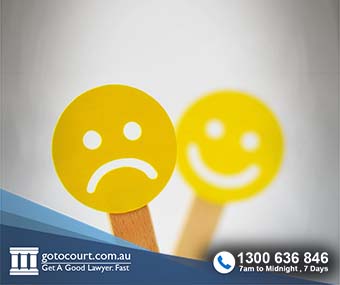Call our lawyers
now
or,
have our lawyers
call you
How to Avoid a Criminal Conviction (Fed)
Updated on Oct 24, 2022 • 5 min read • 761 views • Copy Link
How to Avoid a Criminal Conviction (Fed)
A criminal conviction can have a significant impact on your life. It can be used adversely against you with respect to travel, rental applications, employment, loans and more. For this reason, should you be convicted of an offence (regardless of whether you plead guilty to the charge or are found guilty at trial), it is in your best interests to ask the court not to record a conviction.
When dealing with criminal offences under state and territory law, courts have a wide discretion as to whether to record a conviction. However, if you are charged with a federal offence, there is a strict test which the court must apply to determine whether no conviction can be recorded in the circumstances.
What are federal offences?
Federal offences, or Commonwealth offences, are those which fall within the law-making responsibilities of the federal government. They include:
- Aircraft, airport and aviation crimes;
- Threats against Commonwealth officials;
- Assaults on Commonwealth officials;
- Child sex offences by Australians overseas;
- Cybercrime committed against Commonwealth Government departments or information systems of national significance;
- Drug importation or exportation;
- People smuggling;
- Terrorism;
- Human trafficking;
- Fraud or theft against the Commonwealth government; or
- Online Child Exploitation (child abuse material).
Section 19B Orders
Section 19B of the Crimes Act 1914 (Cth) allows a court to dismiss a charge without recording a conviction or to discharge the offender without conviction, conditional upon them giving security to be of good behaviour for up to three years, paying of restitution, compensation or costs and complying with any other condition the court sees fit to impose.
The court can impose an Order under Section 19B if it considers it appropriate to do so after applying a two-step test.
Step one
The first step is for the court to consider:
- The character, antecedents, age or mental condition of the person;
- The trivial nature of the offence;
- Any extenuating circumstances under which the offence was committed.
Character, antecedents, age or mental condition of the person
The court may consider your character, antecedents, age or mental condition when deciding whether it is appropriate to make an Order under s 19B. ‘Antecedents’ includes all aspects, favourable and unfavourable, of your background and past life, including your personal, family, social and employment circumstances.
The fact that you may be subject to adverse consequences if a conviction is recorded is a relevant consideration. If you have no previous convictions, this is also a relevant consideration.
Trivial nature of the offence
When deciding whether it is appropriate to make an Order under s 19B, the court may consider whether the offence was trivial in nature. When determining whether an offence is trivial in nature, the court will consider not only the statutory penalty range for the offence, but also the conduct which constitutes the offence. It can be quite difficult to establish that an offence was trivial in nature.
For an offence to be found to be trivial, it usually must be minor or technical in nature. Such offences are often committed through inadvertence or lack of attention. A ‘run of the mill’ offence, or one which was deliberate, will generally not be considered trivial.
Extenuating circumstances
When deciding whether to make an Order under s 19B, the Court may have regard to the extent to which the offence was committed under extenuating circumstances. These extenuating circumstances must have contributed towards, or caused in some way, the offending conduct.
If the court is satisfied that one of the three factors is relevant, it will proceed to the second step.
Step two
The second step is to consider whether it would be:
- Inexpedient to inflict any punishment; or
- Inexpedient to inflict any punishment other than a nominal punishment; or
- Expedient to release the offender on probation.
In this context, ‘expediency’ simply takes on its plain English meaning. That is, ‘advantageous’, ‘desirable’ or ‘suitable to the circumstances of the case’. If the court is satisfied of the above, it may make an order under Section 19B. If the court makes an order under s 19B, it is not permitted to record a conviction.
Can I seek a Section 19B Order for all federal offences?
If you commit certain offences under the Migration Act 1958, the court will be unable to make a Section 19B order. Further, depending upon the nature of your offending, it may not be appropriate to ask the court to make an order under Section 19B. As outlined above, there are very specific criteria which must be met for the court to make such an order.
What happens if I reoffend?
If your matter is dismissed under Section 19B and you are subsequently found guilty of another count of the same offence, you will be considered a repeat offender for the purposes of sentencing, despite no conviction having been recorded.
If you require legal advice in a criminal matter or in any other legal matter, please contact Go To Court Lawyers.

Affordable Lawyers
Our Go To Court Lawyers will assist you in all areas of law. We specialise in providing legal advice urgently – at the time when you need it most. If you need a lawyer right now, today, we can help you – no matter where you are in Australia.How It Works







1. You speak directly to a lawyer
When you call the Go To Court Legal Hotline, you will be connected directly to a lawyer, every time.


2. Get your legal situation assessed
We determine the best way forward in your legal matter, free of charge. If you want to go ahead and book a face-to-face appointment, we will connect you with a specialist in your local area.


3. We arrange everything as needed
If you want to go ahead and book a fact-to-face appointment, we will connect you with a specialist in your local area no matter where you are and even at very short notice.




